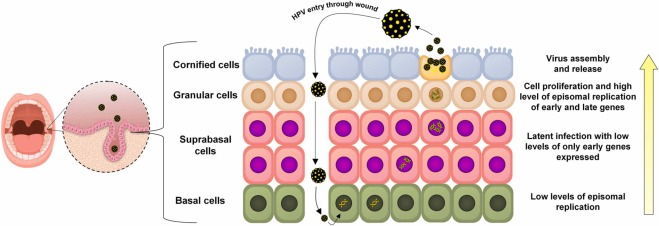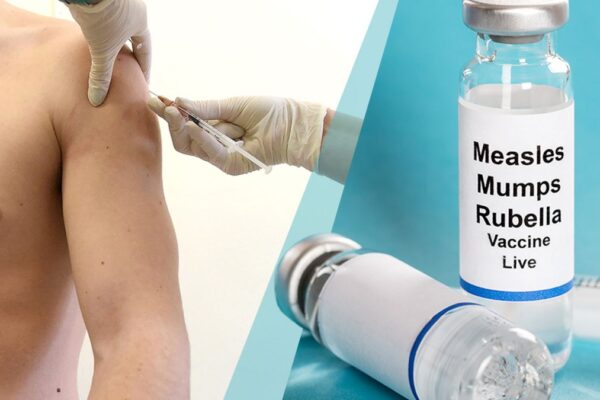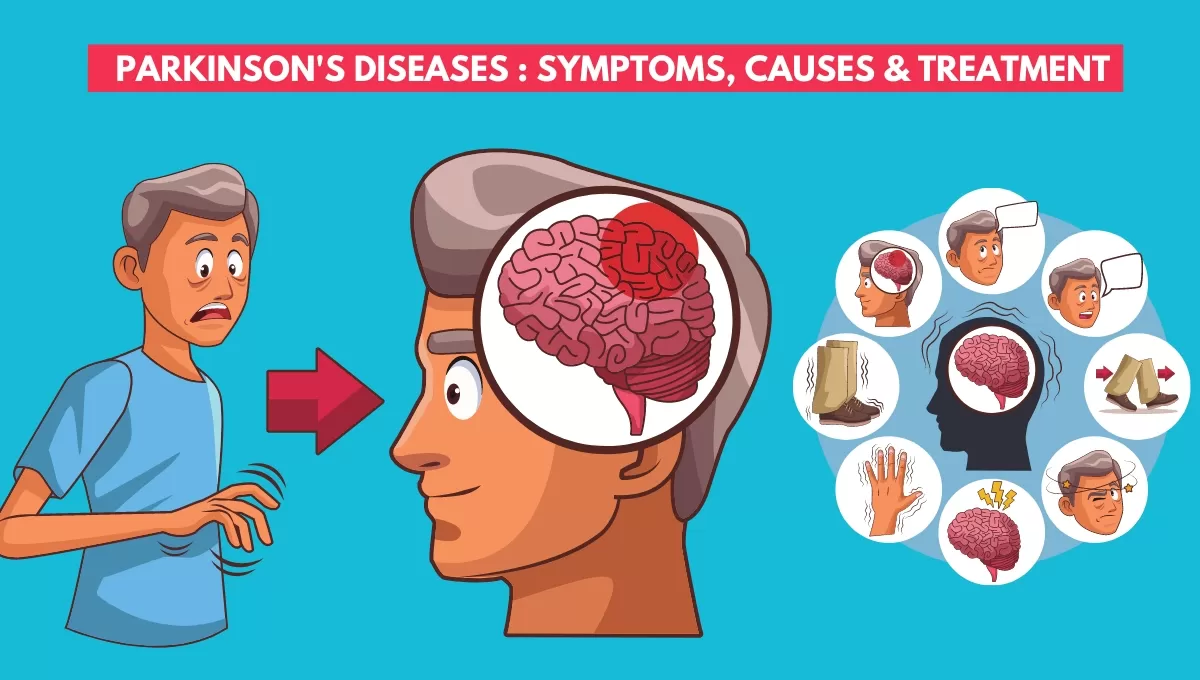
Introduction
Human papillomavirus (HPV) is a viral infection that is increasingly recognised as a significant public health concern worldwide. With over 40 different types, HPV can lead to genital warts and various cancers, making it paramount for individuals to be informed about its risks and prevention measures. Notably, the importance of HPV vaccination has gained traction in health campaigns aimed at reducing the burden of HPV-related diseases.
Current Events and Statistics
According to the World Health Organization (WHO), HPV is the most common sexually transmitted infection. Data suggest that globally, roughly 80% of sexually active individuals will be infected with HPV at some point in their lives. In the UK, Public Health England reported that, as of 2022, approximately 3% of the population is affected by an HPV-related condition, showcasing the urgency for awareness and prevention strategies. The NHS continues to advocate that young people receive the HPV vaccine, which can prevent the majority of HPV-related cancers.
The Role of Vaccination
The HPV vaccine is recommended for girls and boys aged 11 to 14, with catch-up vaccines available for older adolescents and young adults. The vaccine has been proven to dramatically reduce rates of HPV infections and subsequent related health issues. A recent study published in the Lancet demonstrated that vaccination leads to a substantial decrease in cervical cancer rates among vaccinated females, emphasising its critical role in public health.
Public Awareness Campaigns
In light of the ongoing pandemic and shifting health priorities, various health organisations have ramped up public awareness efforts regarding HPV. Campaigns focusing on the importance of regular screenings and vaccinations have been implemented across schools and health facilities. Experts are urging parents to understand the benefits of the HPV vaccine, especially in combating the rising incidence of HPV-related cancers.
Conclusion
As the conversation around HPV continues to evolve, it is essential for individuals to educate themselves on its implications for health. Advances in vaccination and awareness campaigns signal a hopeful trend toward decreasing HPV infections and related diseases. By promoting vaccination and regular screenings, society can strive for a future where HPV-related cancers are significantly reduced, ultimately saving lives and improving public health outcomes.
You may also like

Understanding the Current Measles Outbreaks


Tragic Incident Leaves Gardener Paralysed: A Call for Action
SEARCH
LAST NEWS
- Remembering Wendy Richard: The Promise to Co-Star Natalie Cassidy
- How Did Anglian Water Achieve an ‘Essentials’ Rating for Mental Health Accessibility?
- Shai Hope Leads West Indies in T20 World Cup Clash Against South Africa
- What We Know About Weston McKennie: Future at Juventus and Past at Leeds
- What We Know About the Upcoming Live Nation Antitrust Trial